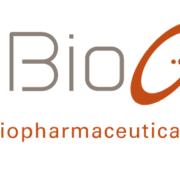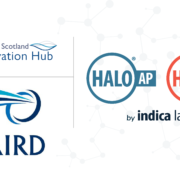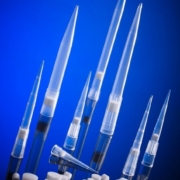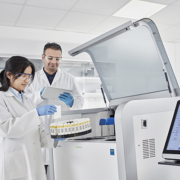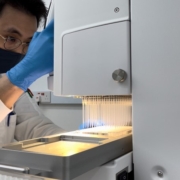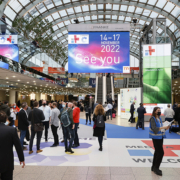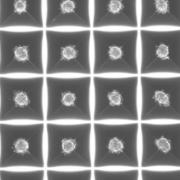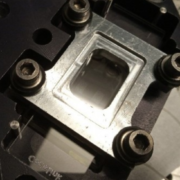ProBioGen and City of Hope ink license to use AGE1.CR.pIX vaccine manufacturing platform for cytomegalovirus vaccine
ProBioGen and City of Hope, one of the largest cancer research and treatment organizations in the United States, have signed an non-exclusive commercial license agreement that will allow City of Hope to manufacture its innovative synthetic MVA-based CMV vaccine using ProBioGen’s cell-based and scalable viral manufacturing platform AGE1.CR.pIX.



